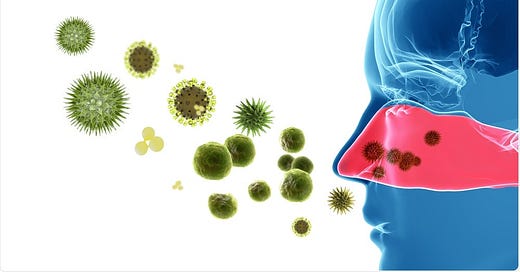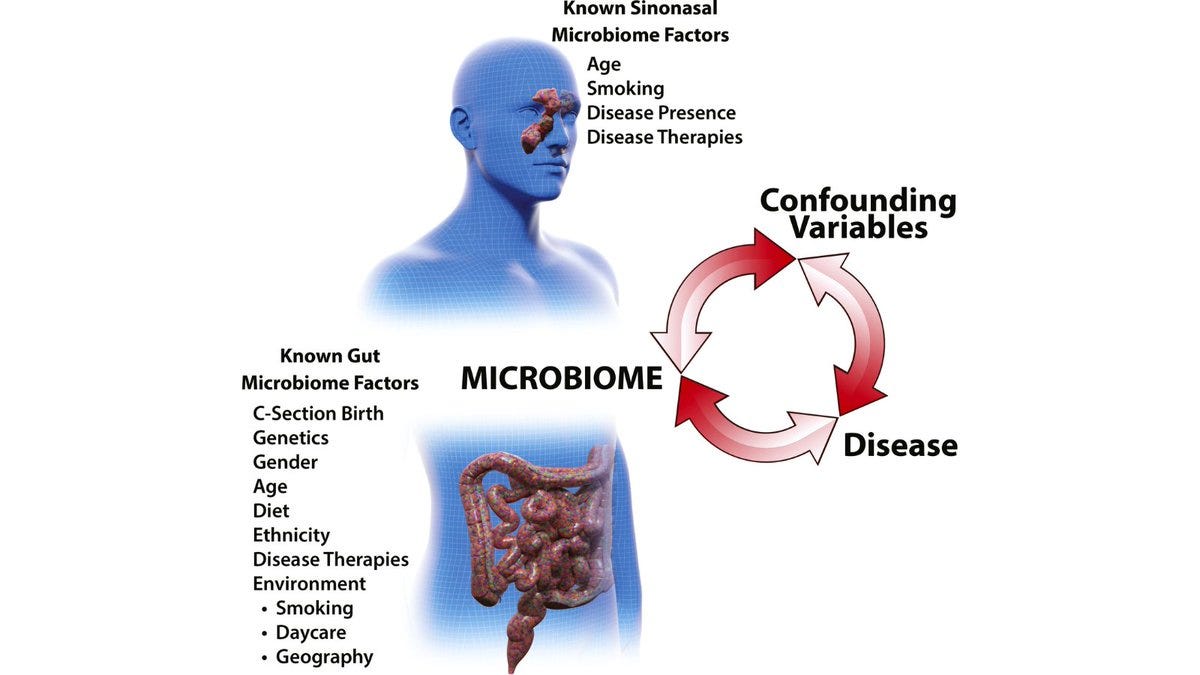The Nasal Microbiome: A Window into Our Overall Health
Weekly Book Recommendation:
“CORTISOL, THE MASTER HORMONE, written by a Ph.D. in endocrinology and a high-tech entrepreneur, are here to explain how you can manage your cortisol levels so your cortisol does not manage you.”
Research Article of the Week:
“many mushroom extracts possess hepatoprotective properties against liver injury caused by toxic chemicals”
The Importance of Your Nasal Microbiome
The human body harbors 10-100 trillion microorganisms. The microbes & their genomes located within a particular area are defined as the microbiome.
These microbiomes play a critical role in health and immunity.
Dysfunctional of microbial composition (dysbiosis) can affect inflammatory conditions, including inflammatory bowel disease, obesity, and allergic disease.
Just as gut microbiota protect the intestinal mucosa through immune regulation, nasal mucosa play a role in immunity.
The nasal cavity, nasopharynx, sinuses, and oropharynx shape specific microenvironment in the upper respiratory tract, which is constantly bathed in airflow from the external environment and exposed to atmospheric (physical and chemical) factors, including varying humidity, gases, immunological factors, and organic materials.
Nasal mucosa is the first-line defense against airborne pathogens.
These and other mucosae in the upper respiratory tract are colonized by specialized resident microbiota, presumably providing resistance to potential pathogens from establishing and disseminating towards the lungs, thereby functioning as gatekeepers to respiratory health.
Microbial diversity is affected by various factors, such as drugs, surrounding environmental microorganisms, habitat, nutritional availability, host characteristics (e.g., hygiene, immunity, and genetics), physical factors (e.g., oxygen, pH, and moisture), and other microbial interactions.
Keep reading with a 7-day free trial
Subscribe to Rooted In Health to keep reading this post and get 7 days of free access to the full post archives.





